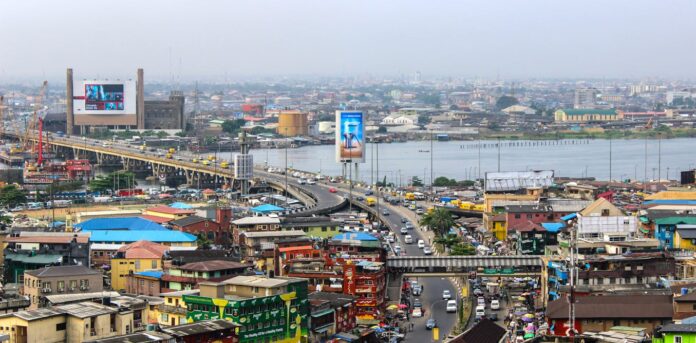By Muhammad Inuwa M/fashi
At so many times there was a claim that Lagos State was built with proceeds of revenue generated from groundnut production in Northern Nigeria, such had resurfaced in public discourse, reigniting debates about the historical role of regional contributions to the national development.
While some argue that this connection gives the North a legitimate claim over Lagos as a “northern property,” others view it as a collective legacy of Nigeria’s federal system.
Historical Context
In the pre and post independence era, Nigeria’s economy was heavily dependent on agricultural exports. Groundnut pyramids from Kano, cocoa from the West, and palm oil from the East were among the nation’s primary export commodities.
The revenue generated from these agricultural products was pooled into a central fund managed by the federal government.
This revenue was then used to develop infrastructure across the regions, including Lagos, which served as Nigeria’s capital until 1991.
Lagos, as the economic nerve center of the nation, benefited significantly from federal allocations. Ports, roads, and other critical infrastructure were developed using funds sourced largely from agricultural exports, including groundnuts from the North.
This historical fact has led some to assertions that Lagos owes its development to northern contributions, positioning the state as part of the North’s extended legacy.
The North’s Contribution
During the height of Nigeria’s agricultural boom, groundnut production from the North was a major contributor to national revenue. The famous groundnut pyramids of Kano symbolized the region’s prosperity and its pivotal role in funding national development. This wealth was not only instrumental in sustaining the federal government but also in financing infrastructure projects, including those in Lagos.
Proponents of the claim argued that without the North’s agricultural exports, Lagos would not have emerged as the bustling metropolis it is today. They view the state’s economic success as partly stemming from the sacrifices and contributions of northern farmers.
A National Asset
Critics of the claim that Lagos is a “northern property” argue that such statements oversimplify the complex dynamics of nation-building. They contended that Lagos’ development was the result of contributions from all regions, not just the North. The state’s strategic location as a coastal city, its vibrant population, and the entrepreneurial spirit of its residents also played pivotal roles in its growth.
Additionally, Lagos’ status as Nigeria’s former capital attracted investments and federal resources from across the country, making it a shared national asset rather than the property of any single region. The state’s current status as a megacity and financial hub owes much to modern governance, private enterprise, and its unique cosmopolitan character.
The Way Forward
While historical contributions to Lagos’ development are undeniable, framing the city as the property of a specific region risks undermining the unity of Nigeria. Instead, the focus should be on fostering national cohesion and leveraging Lagos’ status as a melting pot to drive collective progress.
As debates continue, one thing remains clear: Lagos’ growth story is a testament to the collaborative efforts of all Nigerians. Whether built with groundnuts, cocoa, or oil, Lagos is, and should remain, a symbol of Nigeria’s shared heritage and potential.
Based on the facts, it was glaring that nation was built through collective contributions from all the parts while economic growth, planning and resources control were all streamlined through laws that govern the nation at large.
The present controversial tax reforms is a purely digression from nation forefathers motives and collective concerns that bore in their minds having believe of one nation and entity.
Any contrary moves might jeopardize the nation unity, progress and deterred it growth in recognition that all parts were dependent to other.
Muhammad Inuwa M/fashi
Social Commentator
ainuwa303@gmail.com.




